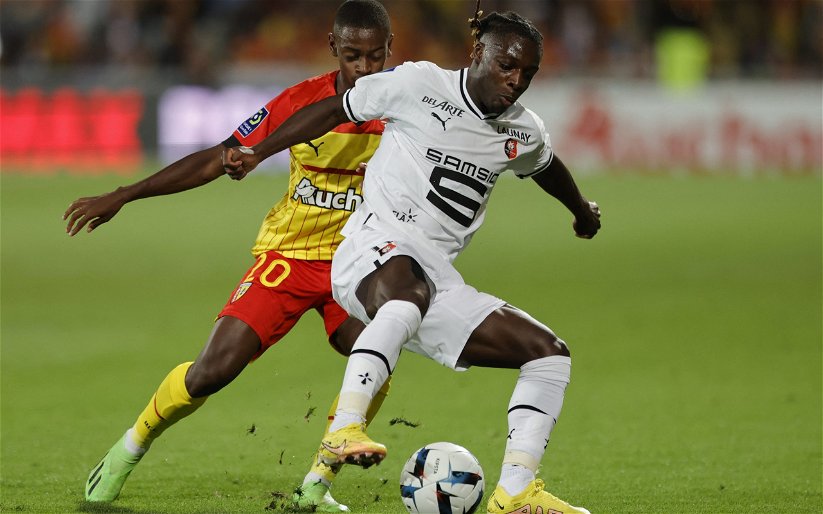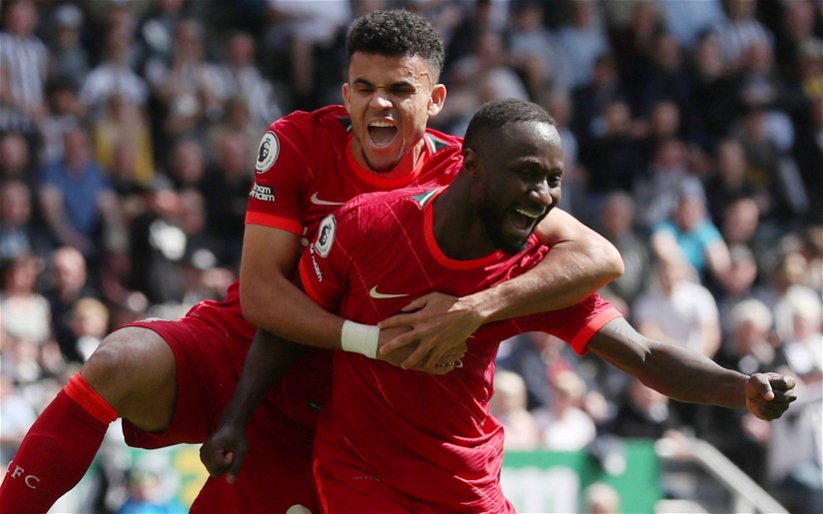 There were plenty of metaphorical pats on the back for Rio Ferdinand a couple of weeks ago when during the Spurs v Manchester United match he told Rafael not to wave an imaginary yellow card at the referee, as this sort of behaviour was not tolerated. Foreign players with British clubs have been berated by team-mates before when doing this, as happened with Fabrizio Ravanelli and Mikel Arteta in their first seasons in the Premier League.
There were plenty of metaphorical pats on the back for Rio Ferdinand a couple of weeks ago when during the Spurs v Manchester United match he told Rafael not to wave an imaginary yellow card at the referee, as this sort of behaviour was not tolerated. Foreign players with British clubs have been berated by team-mates before when doing this, as happened with Fabrizio Ravanelli and Mikel Arteta in their first seasons in the Premier League.
It seems that in this country, waving an imaginary card at the referee is akin to serial killing or questioning a woman’s knowledge of the offside law.
This is nothing new. In October 2005, the Daily Mail ran a campaign to rid the game of this “evil”.
Players will be told to cut out the imaginary card-waving to encourage referees to book a rival as part of the drive to rid football of the problem.As Sportsmail’s campaign to punish the perpetrators drew support from all parts of the game yesterday, the FA Premier League is taking steps to address the issue.
Referees’ chief Keith Hackett will ask PFA chairman Gordon Taylor when the pair next meet to remind his members of their responsibilities, not only to the game but to each other. Hackett will also stress to Taylor that refs already have the power to book players for waving an imaginary card and that the pre-season agreement for more respect towards officials from players and managers is being compromised.
Graham Barber, who retired as a Premier League referee in 2004, said:
“I’d like to feel that if cautions were introduced, it would act as a deterrent with clubs telling their players to stop doing it. But if this was introduced, it would be up to everybody – clubs, players, managers and the media – to support referees.”
Former West Ham striker Tony Cottee also backed the campaign. Now a Sky Sports pundit, Cottee said:
“Those players who do this should be booked. Absolutely. I’ve been saying it for two or three years since it came into England. Action is long overdue. When a player waves an imaginary card, the referee should say: ‘Yes, it is a yellow card, but it’s for you’. It’s just unacceptable, trying to get a fellow pro into trouble. It’s the referee’s job to decide whether a foul deserves a yellow card.”
In 2006, there was talk from UEFA of ensuring a similar clamp-down. That paragon of virtue John Terry has moaned in the past about Barcelona players doing it.
An article in When Saturday Comes touched on the same theme last year:
There is nothing that annoys football commentators more than seeing players wave an imaginary card after they have been fouled. Jonathan Pearce, Peter Drury and co seized on such displays during the World Cup with weary despair. Some of the things imported into British club football from abroad in recent times are tolerated – over-elaborate stepovers and wearing undershirts displaying messages for God are just about acceptable – but the card mime is beyond the pale.
Of course the card waving is gamesmanship, just like stealing a few yards at a free-kick or claiming a throw-in that you know is for the opposition. But you can see why it developed when teams get away with blatant thuggery as Holland did during the final.
The thing I don’t get is this: a large percentage of players spend games trying to con the referee – why does this particular action get so much attention?
Is it the horror it provokes at trying to influence the referee? Or the idea that there is nothing lower than trying to get a fellow professional dismissed, or at least punished with a yellow card?
The waving of the card is just one of a hundred ways that players will try and influence the referee or his assistants during a match, other methods often involving out and out cheating.
In every match we see gamesmanship throughout. Where’s the uprorar about leaving a trailing leg? Commentators will be apoplectic about waving a yellow card, but it’s considered “professional” to “win” a free kick.
Or appealing for throw-ins or corners when the player knew they touched it last. This must happen thirty times a game. What about feigning injury (my personal pet hate)? Or specifically feigning injury as a time-consuming tool? Or the goalkeeper taking the goal kick on the far side of the goal to waste those extra few seconds. Taking two minutes to take a throw-in. A player knowing they’re going to be substituted and wandering over to the far side of the pitch so it takes so long to walk off the pitch most of the crowd have lost the will to live.
Or how about moving the ball forward at a free kick whilst the referee isn’t looking? Or similarly, edging the wall forward a few inches at a time. And so on, and on, and on.
Like diving, there is this conception that card-waving is a trait brought into the English game by those nasty foreigners. Maybe that is why it is raised on a pedestal. All the tricks of the trade we Brits have already mastered are not seen as bad.
Spitting has a similarly bad reputation – now spitting at or on someone is pretty gross, no doubt about it, but I’d prefer to be spat on than elbowed in the head or be scythed down by a leg-breaking challenge.
The answer may also lie in our eyes – what we see is greater than what we later hear. By which I mean that the waving of the card is a very visible sign of a player trying to influence the referee and get an opponent punished. It is seen as worse than the player telling the referee he should book him.
When Wayne Rooney was sent off for sarcastically clapping a referee, it emerged that referees had been instructed that this was seen to be worse than being swore at by a player as it was a more visible sign of dissent. And thus, so is the waving of the imaginary card, but referees don’t seem as keen to clamp down on this.
Referees of professional games are themselves professionals, and should be making decisions without being swayed by the actions of the players after the event. The waving of the card shouldn’t matter in changing the outcome of anything, but admittedly it is naïve to think referees are not swayed by the reactions of players.
The “card mime” is not something I like to see – I don’t applaud it or remotely support it, but to me it’s no worse than a hundred other things going on in a game. Perhaps if other offences were seen in similar light, the next time a United player dives Rio Ferdinand will give him a piece of his mind. I wouldn’t hold your breath.
The article was written by Howard Hockin for FootballFancast.com. Make sure to check out the latest news, blogs and podcasts at FFC – ed.
Follow us on twitter @live4Liverpool
Live4Liverpool is recruiting columnists. For further info contact the site editor at live4liverpool@snack-media.com
 This week it is even more of Liverpool WAG Alex Curran!
This week it is even more of Liverpool WAG Alex Curran!
————–
CLICK ON THE IMAGE OR HERE TO GET TO THE GALLERY
–
–


